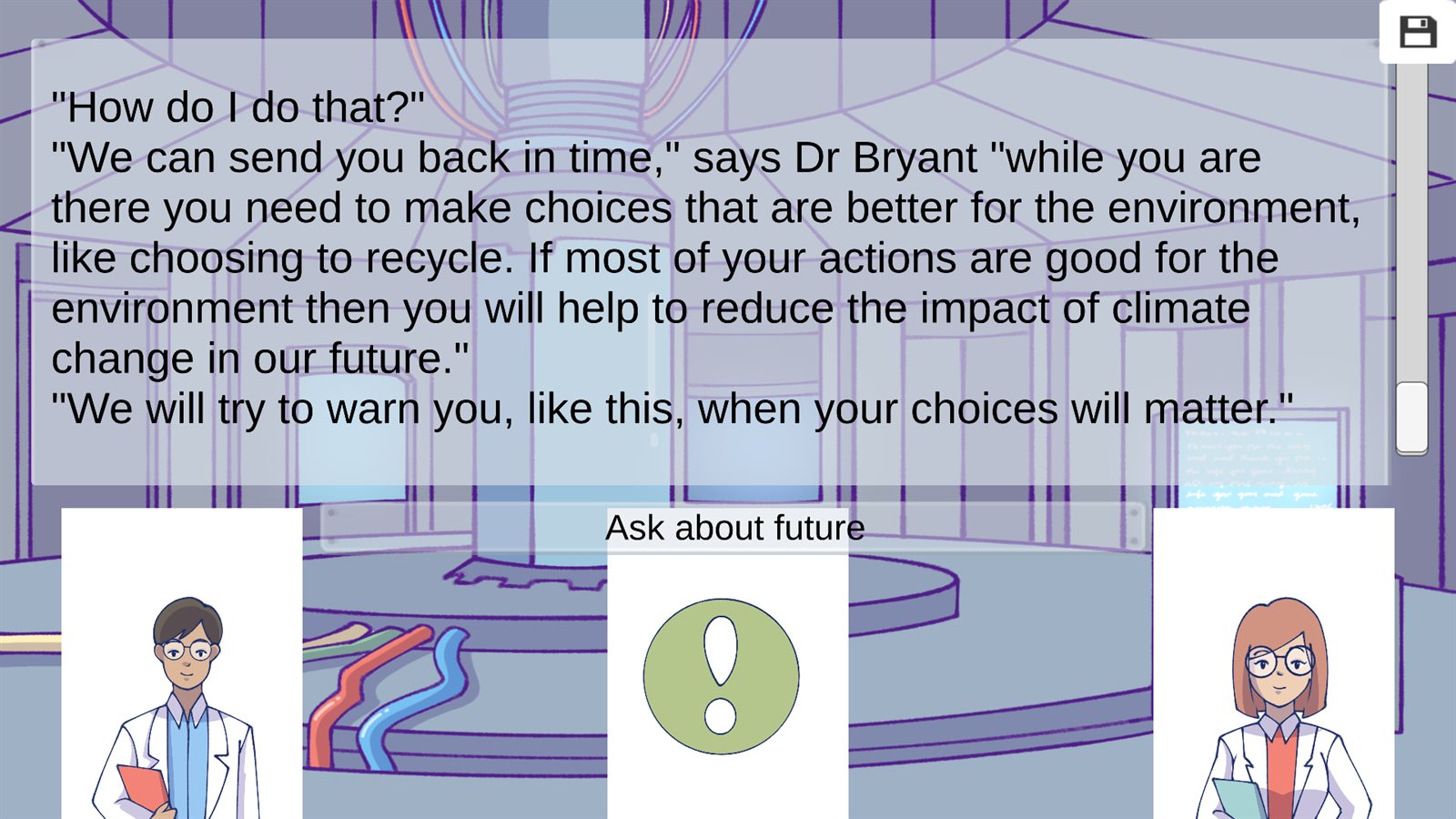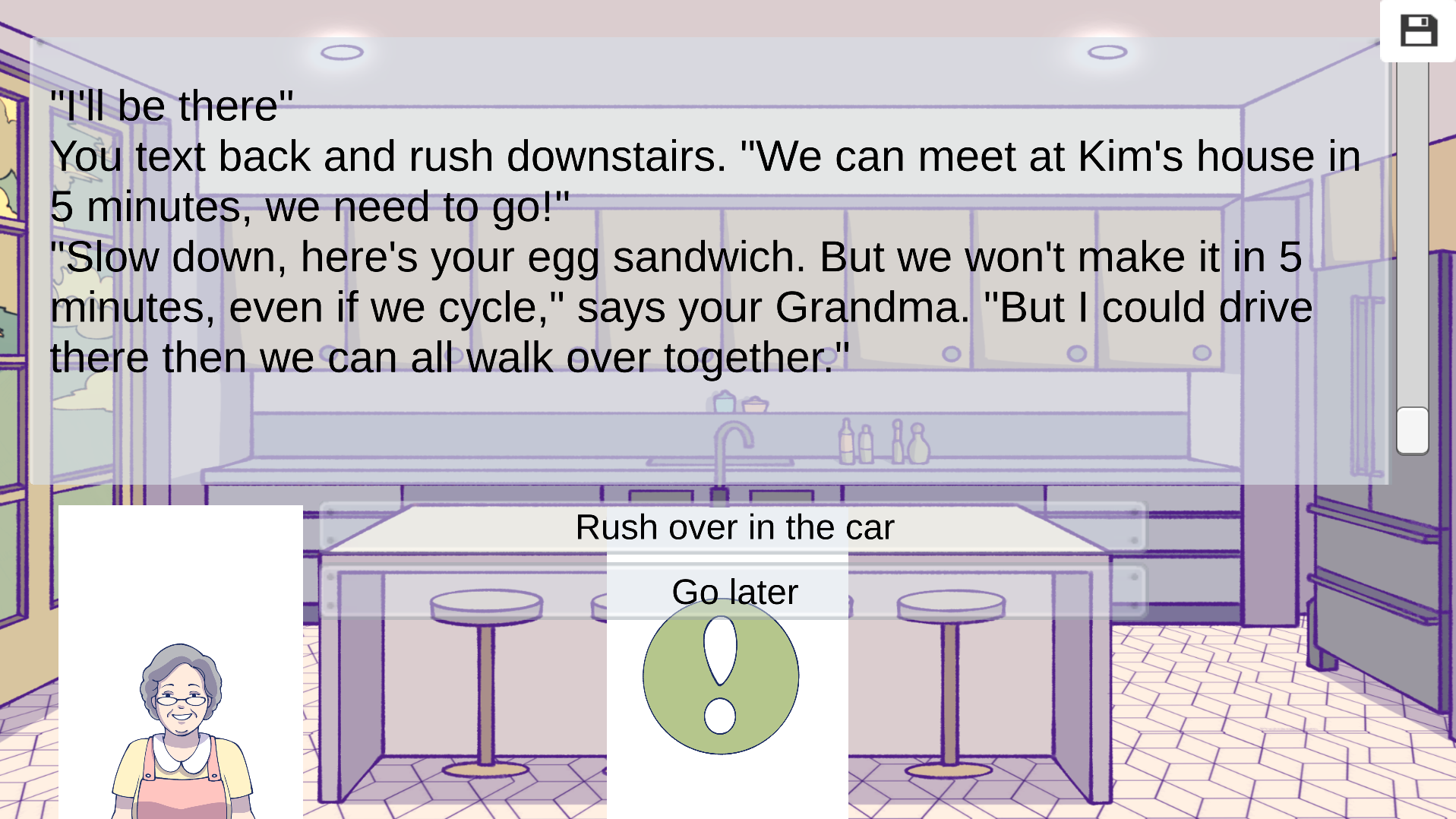Sustainable futures
Building more effective tools for environmental education
Educational resources that target children’s sense of agency are key in supporting behavioural change. To combat climate change we need to understand how to design and implement these into the curriculum most effectively, argues Jonathan Halls.
The Net Zero challenge
As the focus on achieving Net Zero has become more prominent in society, schools have increasingly designed and implemented educational activities to teach children and young people about climate change. Such activities typically focus on teaching children what climate change is from a scientific perspective and outlining generic pro-environmental behaviours individuals can do to limit their carbon footprint.
However, even when individuals know what actions they can take to help limit climate change, actual behavioural change is limited. This project explores this gap between knowledge and action.
"Even when individuals know what actions they can take to help limit climate change, actual behavioural change is limited. "
Understanding behavioural change
Statistical modelling of adults’ and teenagers’ environmental beliefs helps explain why current education tools only lead to limited behavioural change.
There are three groups of beliefs and associated constructs shown to predict engagement in pro-environmental behaviour:
- Attitude towards behaviour – does the outcome of the behaviour benefit me? (e.g. recycling reduces landfill);
- Social norms – do other people I think are important do this? (e.g. do my friends recycle?)
- Perceived behavioural control – do I feel able to do this? (e.g., do I have the opportunity and knowledge of how to recycle)
Increasing positive beliefs associated with all three of these points leads to increased behavioural change. However, current educational resources mainly focus on attitude towards the behaviour. Exploring social norms and children’s sense of control over their own pro-environmental behaviours is essential to create a more action-oriented public.
A new approach
This project focuses on the design and evaluation of a series of resources – gamebook-based lessons – to target children’s (7- to 11-years-old) social norms and perceived behavioural control.

What is a gamebook?
Gamebooks are characterised by non-linear, branching narratives where reader choice affects the ending of the book (e.g., choose-your-own-adventure novels). Gamebooks were chosen as they give readers agency in their behaviour and allow for experience of hypothetical futures – readers can see the impact of their choices.
These resources do not focus on telling children what to do, rather they show readers the impact that their actions can have. The aim is to increase engagement in pro-environment behaviour, develop children’s metacognitive strategies to mediate future behaviour and their ability to adapt in a changing world.

How does this project use them?
The gamebook developed through this project has a narrative which spans 20-years, from childhood to adulthood. It includes opportunities for readers to undertake a range of pro-environmental behaviours.
The decisions made in the book are designed to reflect real-world, complex choices that represent the ones children could face. For example, readers do not choose whether to drive or walk somewhere, instead readers are placed in a realistic situation where they are late to meet friends and are offered a lift in the car.
The gamebook is read alongside a series of discussion-based lessons, which act as a ‘book club’ for children to explore choices made and their social norms, potentially developing a shared understanding of what are appropriate pro-environment behaviours.
Evaluation
Initial trials of the gamebook-based lessons have produced positive results.
Tests showed that children’s engagement with pro-environmental behaviours can be predicted by the three constructs identified (attitude towards the behaviour, social norms, perceived behavioural control). After taking part in the lessons, there were significant increases in children’s engagement in pro-environmental behaviour.
Feedback from teachers using the resources was also positive, as the lessons mirror traditional teaching approaches and do not require additional subject knowledge. This means they can be incorporated into teaching practice without requiring extensive additional training.
"These findings show that early educational resources focusing on developing individuals’ sense of agency are effective in encouraging children to engage in pro-environmental behaviour. "
Implications
Educational approaches need to move away from solely explaining what climate change is and what individuals can do. Teaching the facts is not enough; curriculum designers need to consider how educators can develop interpersonal relationships and individuals’ agency so that children can learn how to make judgements for themselves and apply their knowledge.
Next steps
Building on these initial findings, several further steps are planned. These will include incorporation of more children’s views and beliefs, along with further analyses. For example, additional exploration can show how the gamebook-based lessons affect other barriers shown to limit engagement in pro-environmental behaviour.
This work will expand upon the discoveries already made through this project. It will mean we can create more precisely targeted and effective tools in future.